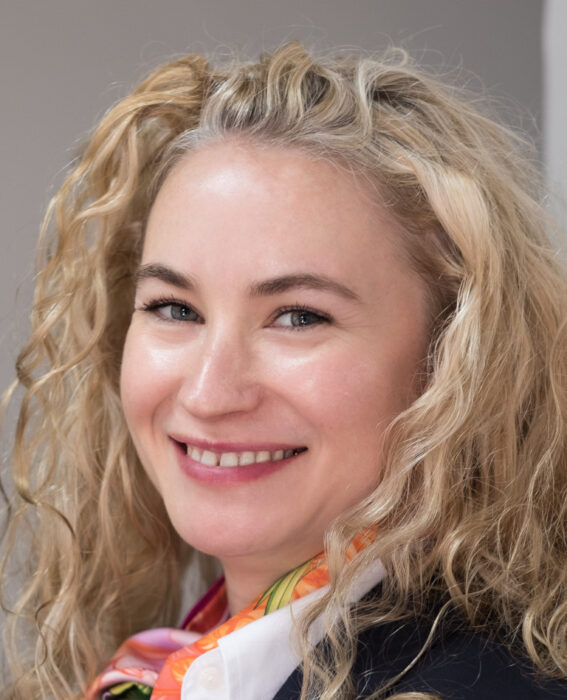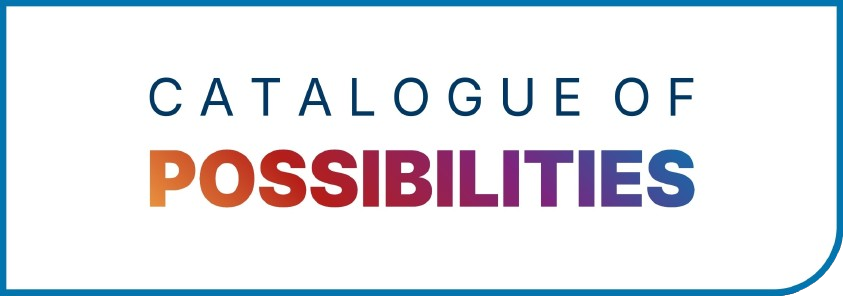Prof Rachael Jack any pronouns

Professor of Computational Social Cognition
Strategic Research Areas
I am a human behavioral scientist and experimental psychologist with a background in vision science, psychophysics, and social perception. My core research passion is to understand and formally model the system of human social communication—how people express emotions and social information across cultures through facial expressions, gestures, voice, and more. My team combines psychological science with advanced 3D graphics, data-driven modeling, and communication theory to study and synthesize realistic, culturally sensitive social signals.
We have revealed that many long-standing assumptions about universal facial expressions are incomplete. Our research shows that only four expressive patterns are shared across cultures, not six as traditionally believed, and that facial expressions transmit information through layered, dynamic cues. These findings have transformed theories of facial expression and are now being applied to develop more psychologically valid virtual humans and social robots.
My group offers interdisciplinary training across psychology, AI, and computer graphics. I supervise projects on facial expression modeling, multimodal communication, cultural variation, and AI-based human interaction. I aim to provide a supportive and intellectually stimulating environment, encouraging rigorous experimentation, creativity, and cross-disciplinary thinking. Graduates from my lab work in both academia and industry, including collaborations with companies like FurHat Robotics.
Looking ahead, I plan to expand this work to model the full spectrum of multimodal social signals—face, body, voice, and gesture—to build next-generation AI agents that can engage in culturally aware, human-like interactions. I welcome collaborations across disciplines, including computer science, robotics, design, healthcare, and digital communication.
Equity, diversity, and inclusion are central to my work. I actively address cultural bias in artificial agents and champion inclusive design, ensuring technologies reflect and serve global users. This commitment extends to building diverse, respectful research environments.
Personally, I’m driven by a deep curiosity about how culture shapes human experience, and I believe that solving social challenges with technology requires understanding people in all their diversity and complexity.

